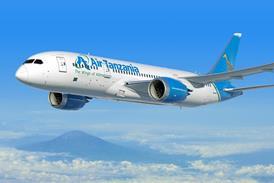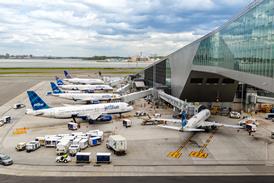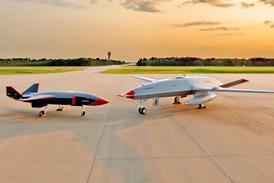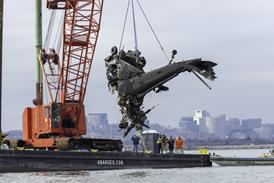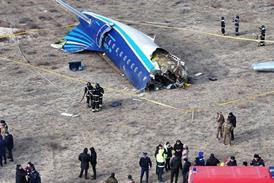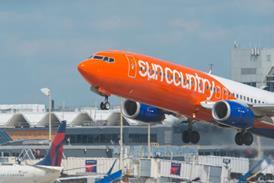Central European budget carrier Wizz Air is holding crucial discussions on contingency and maintenance for engines as part of a powerplant selection tender covering nearly 180 aircraft.
The airline states that the negotiations – relating to additional engineering shop-visit slots and increased access to spare engines – will conclude by the end of June.
Wizz Air says the engine tender for 177 Airbus A321neos covers “important considerations” on powerplant support.
The carrier is still experiencing considerable disruption as a result of remedy work on Pratt & Whitney PW1100G geared turbofans.
It expects around 34 of its aircraft to remain grounded over the engine issues by the end of September this year.
Wizz states in its full-year 2024-25 financial briefing that the groundings are on a downward trend – from 42 at the end of March to 37 in early May – but its operating profit sank by more than 60% to €167.5 million ($191 million).
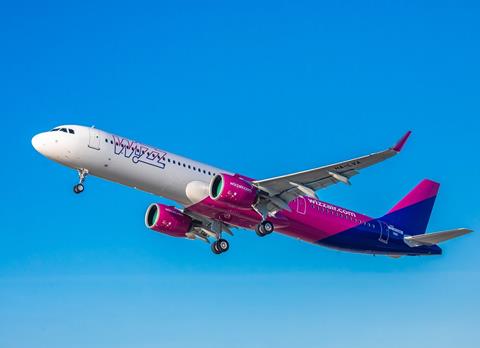
“Despite the unproductivity of a grounded fleet, we successfully delivered a second consecutive year of profitability,” says chief executive Jozsef Varadi.
“The number of grounded aircraft will start reducing in both absolute and relative terms and this is why we have reached a transformation point.”
The carrier says it experienced “significant challenges” with an average of 44 aircraft parked over the course of 2024-25 – equivalent to almost 20% of the fleet.
But it says improved utilisation of the operational aircraft and use of wet-leasing helped the carrier keep capacity flat.
Over the year Wizz also received 26 new A321neos and 14 spare engines, enabling it to “mitigate some of the impact”.
Wizz is still assuming that average shop-visit time to return engines to service is 300 days.
But the proportion of the fleet out of service is falling, as the number of grounded aircraft declines and the airline expands with Airbus deliveries.
Wizz says the Airbus delivery schedule for 138 A321neos due for delivery over the next three years was amended in January. The deliveries will expand the fleet from 231 aircraft to 305 in March 2028, down from the previous forecast of 380.

